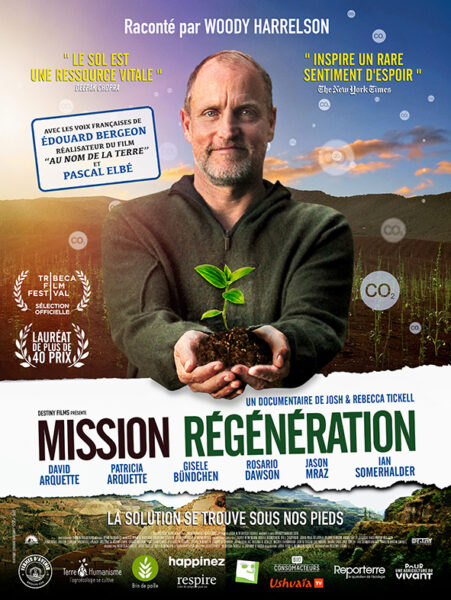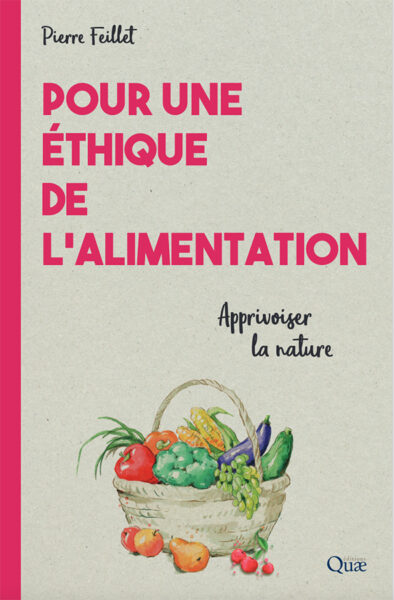Like all other economic activities, agriculture consumes energy; it is also, however, increasingly productive of energy (through biomass and biofuels, for example). In an energy context that is rapidly changing on account of the exhaustion of fossil resources and the battle against global warming, it is essential to be able to envisage the agricultural sector’s take – and that of its major players – on energy-related challenges. This is why the French Ministry of Agriculture’s Centre d’études et de prospective launched a broad foresight study in 2009-2010 entitled, “Agriculture Energy 2030”, the central lessons of which are reported here by Céline Laisney, Fabienne Portet and Julien Vert.
After an assessment in which they specify the links between agriculture and energy in France and stress the various medium-to-long-term issues in the field, the authors outline this foresight study and the four scenarios to which it gave rise. These four contrasting scenarios, each translated into figures, describe the probable developments of French agriculture in various energy contexts up to 2030. They are termed, respectively, “Territorialization and Energy Conservancy in the face of Crisis”, “Dual Agriculture and Energy Realism”, “Health-Agriculture without Strong Energy Constraints”, and “Ecological Agriculture and Energy Management”. Highlighting the difficulties to come, but also the opportunities available to the agricultural sector, these scenarios provide the public authorities with new elements to feed into their agricultural strategy, indicate the existing scope for manoeuvre and enable general objectives and various possible levers of change to be identified, depending on the lines of action preferred.



